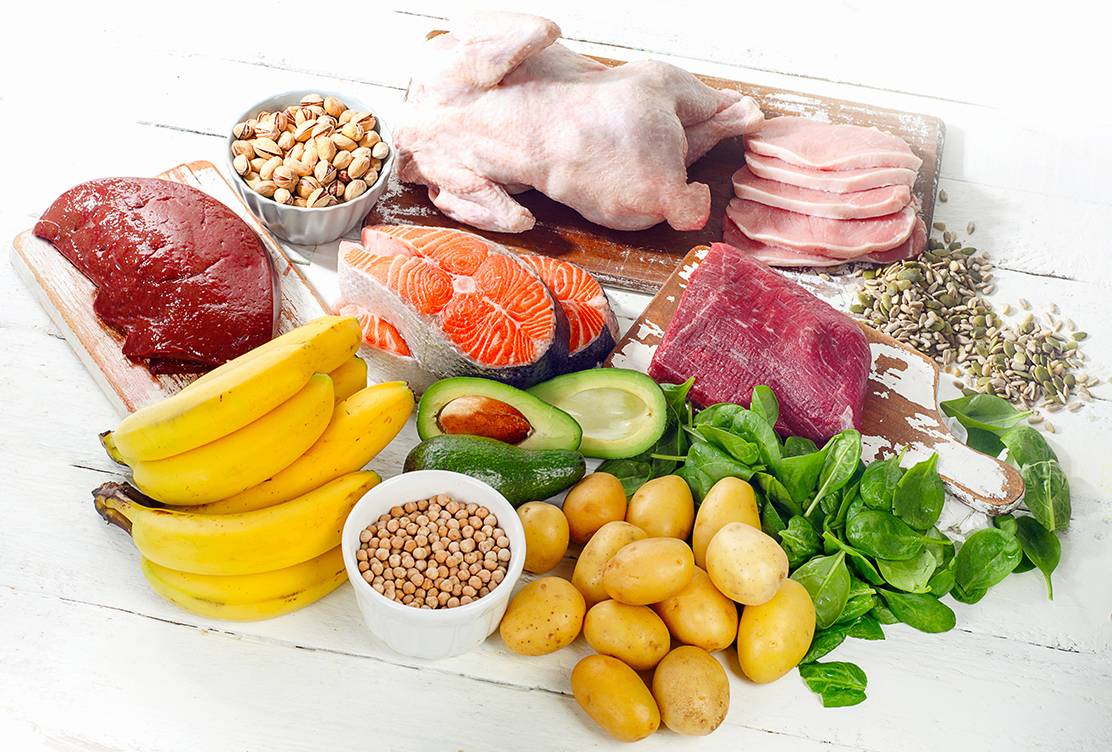Jayme Blaschke | January 25, 2023


Metabolic syndrome (MetS), also called insulin resistance syndrome, is a collection of abnormal health conditions that include central obesity, hypertension, impaired fasting blood glucose and dyslipidemia. MetS significantly raises an individual’s risk of heart diseases, stroke, type 2 diabetes and other serious health problems. In the U.S., MetS affects roughly 1 in 3 adults above the age of 18.
Now, new research conducted in part at Texas State University has shown that dietary intake and blood levels of folate, vitamin B6 and vitamin B12 were inversely associated with MetS risk among Black and white young adults in the U.S. Individuals with low levels of these B vitamins were more likely to have MetS and vice versa.
Jie Zhu, assistant professor of nutrition in the Department of Family and Consumer Sciences at Texas State University, is the lead author of the report, “Folate, Vitamin B6, and Vitamin B12 Status in Association With Metabolic Syndrome Incidence,” published in the Journal of American Medicine Network Open.
Folate, along with vitamins B6 and B12 are essential nutrients for nucleic acid synthesis and other critical metabolic processes in the human body. Previous studies have suggested that low levels of these B vitamins may lead to multiple health issues, including glucose intolerance, insulin resistance, dyslipidemia and vascular endothelial dysfunction, which have been implicated in the development of MetS.
In the study, the researchers followed a cohort of approximately 4,400 Black and white young adults in the U.S. for about 30 years. Diets were assessed using a validated diet history in years 0, 7 and 20 of the study, with concentrations of the B-complex vitamins measured in years 0, 7 and 15 in a subset of 1,400 participants. The prevalence of MetS in the cohort was determined through clinical and laboratory measurements along with self-reported medication use.
The findings suggest that adequate intakes of folate, vitamin B6 and vitamin B12 should be recommended for prevention of MetS. A diet of foods rich in these B vitamins is preferred over taking dietary supplements. Additionally, lower blood levels of these B vitamins may be indicators of higher risk of MetS.
Foods that are good sources of folate, vitamin B6 or B12:
- Asparagus
- Avocados
- Bananas
- Beef
- Broccoli, brussels sprouts
- Chicken and turkey
- Citrus fruits
- Clams, mussels and oysters
- Spinach, romaine lettuce and collard greens
Share this article
For more information, contact University Communications:Jayme Blaschke, 512-245-2555 Sandy Pantlik, 512-245-2922 |
